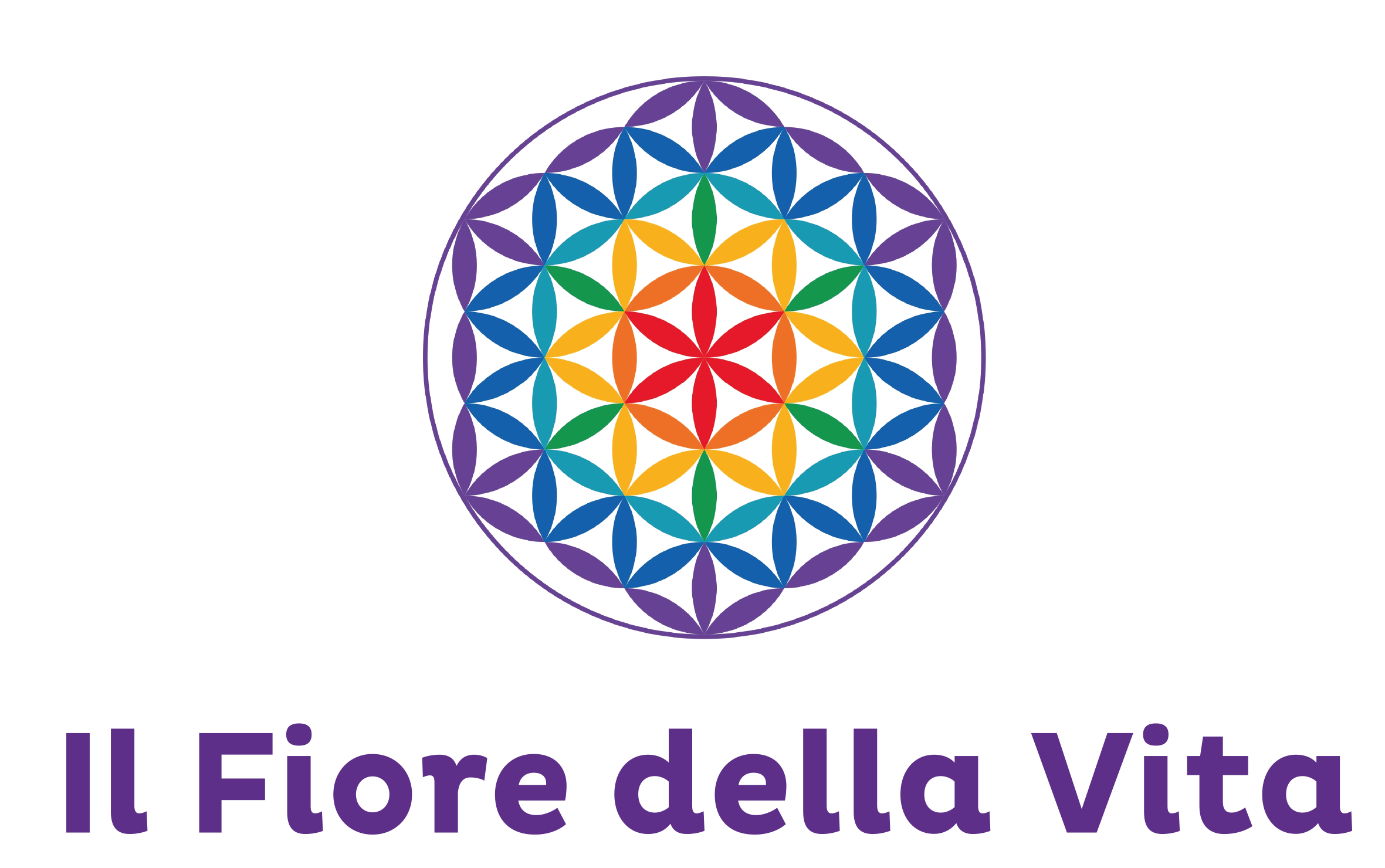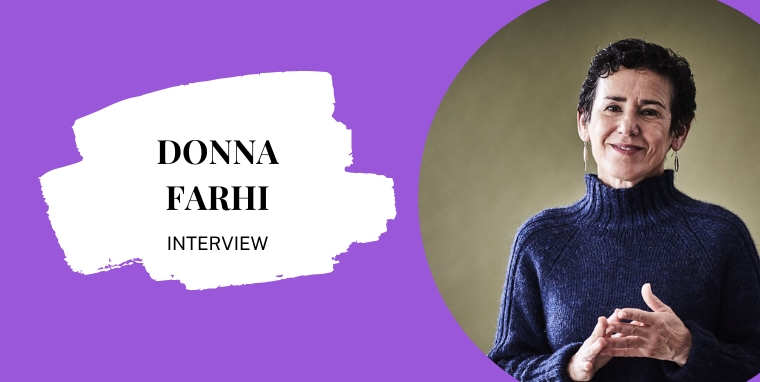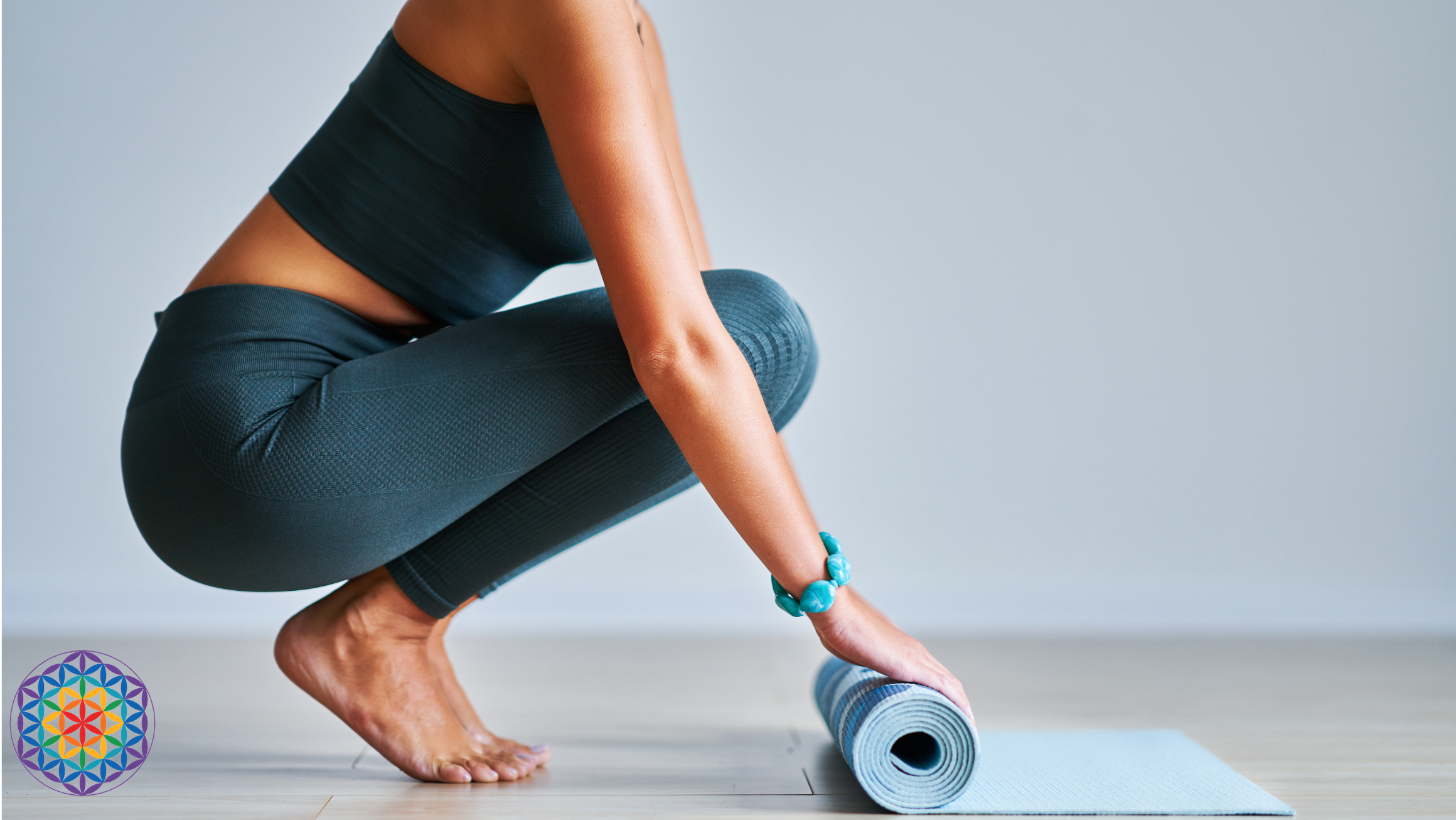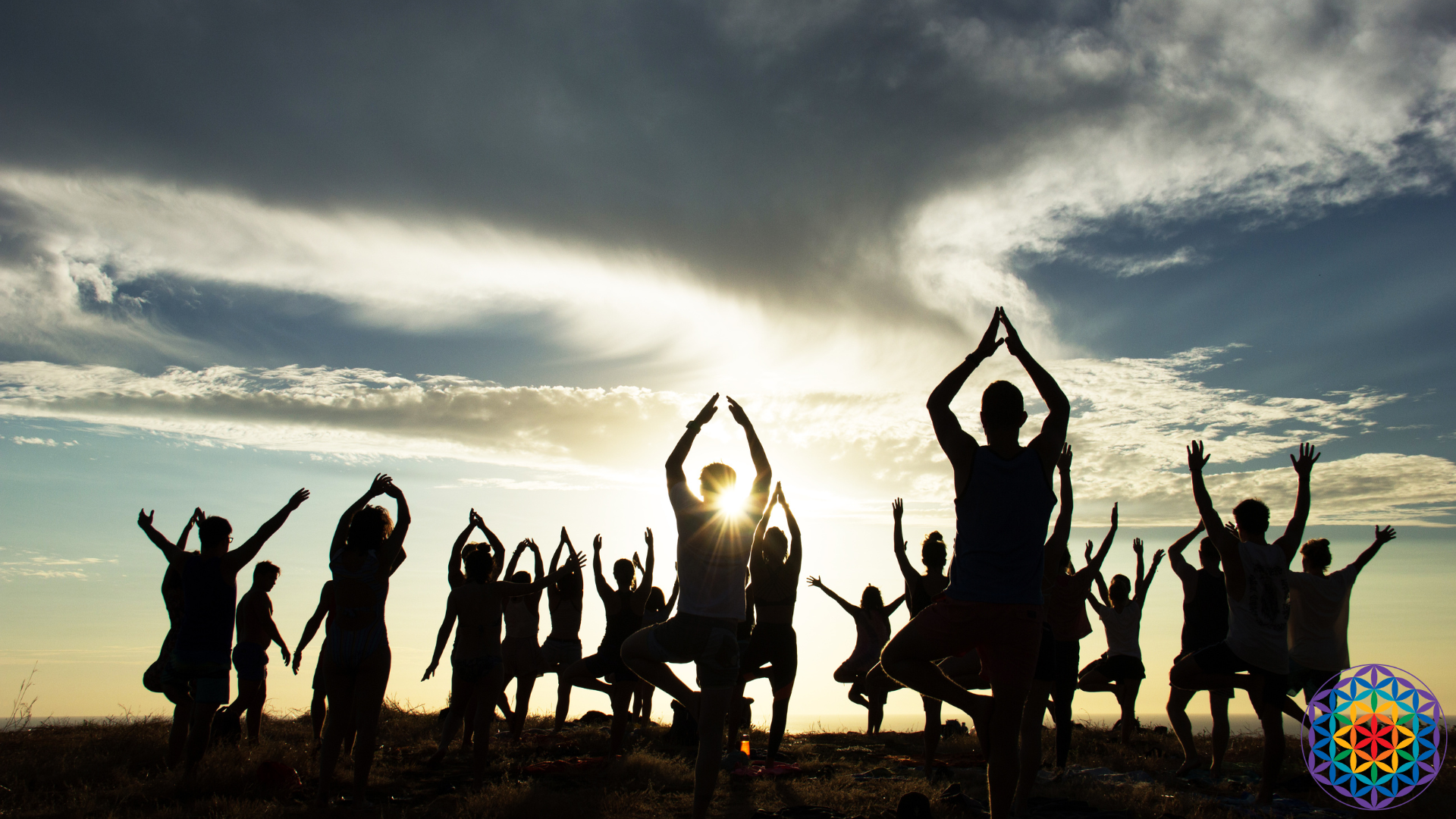She has been practicing yoga for 40 years and teaching it for 33, she wrote for Yoga Journal and Yoga International and her books became classics of yogic literature. Born in the U.S. and adopted by New Zeland, Donna Farhi can be considered one of the most important personalities of yoga on an international level, and not only for the reasons I have already explained. Her natural and authentic approach to yoga as well as her great ability of helping people embody the spitritual practice have allowed her to spread her vision and to inspire thousand of practitioners and teachers all over the world.
The italian edition of her fourth book, Teaching Yoga, has recently come out and we decided to interview her to offer you the chance to get to know her better. Here’s what she told us.
What made you decide to become a yoga teacher?
During my early years at university I briefly toyed with the idea of becoming a doctor, physical therapist or chiropractor. At the time I was already teaching Yoga and had a private practice in deep tissue massage and movement education. I decided that I was not interested in “passive” therapeutic modalities where the client is not actively involved in their own self-care. After several years of doing massage work, I noticed that clients who did not have a regular practice of some kind simply did not get better and would return to me again and again with the same problems. Offering students the teachings of Yoga is one of the most empowering tools I can share with another human being.
Which are the hardest challenges you had to face as a yoga teacher?
The hardest years of teaching for me were when I was struggling to create a language and structure to describe a more organic approach to teaching movement and asana. After years of studying a formal method, I felt that the method itself was essentially unsound and that I could no longer ethically teach under the umbrella of that system. That road had washed out for me, but the new road had not yet been formed. I feel humbled that so many students hung in there with me as I struggled to find the words and techniques that would enable others to enter into Yoga as a process of investigation and discovery, rather than a process of copying and mechanical replication of empty forms.
What are the benefits of practicing yoga with a teacher instead of doing it on your own?
I am myself primarily an “auto-didact”, that is, I like the freedom to learn in my own way and to do my own research without being overly directed by an outside influence. Perhaps because I spent a great deal of time on my own as a child and throughout my life, I had to cultivate strong inner resources. I believe that developing the ability and discipline to guide one’s own study is in many ways more important than relying too much on a teacher. However, if this inner resourcing is being cultivated as a part of the interaction between teacher and student, having the teacher’s experience can be invaluable in helping the student develop a sound foundation from which to proceed. I think the teacher’s role should be to create an effective context for the student to learn, rather than to usurp the learning process.
What are the main qualities of a good teacher?
A good teacher truly cares about the progress of his or her students and is able to receptively listen not only to what the student says, but is also listening between the lines to what the student is not yet able to say. I think the best teachers focus on the tiny incremental moments of improvement and thereby build the student’s confidence in their own process. A teacher who is strong within herself gains enormous satisfaction from seeing the student grow and build their potential.
How do you know if you are suitable to become a yoga teacher? Are there any questions you should ask yourself before approaching this career?
In my pedagogic model for teaching the teacher draws on the depth of his own daily practice as a resource for teaching. If you go to a thousand classes and workshops this cannot replace the important process of stepping onto a Yoga mat and guiding your own practice. Then when you teach you are able to teach from your own direct experience rather than a simply theoretical understanding or the formula of a method. Not everyone is suited to this essentially solitary approach to learning, so I would say that you need a high threshold for this internalized process of investigation.
In western countries most of the people who start practicing yoga conceive it as body shaper rather than a complete discipline involving spiritual practice. As a teacher, how you deal with this frequent misconception?
Some people use the argument that if you take “all that spiritual stuff” out of the practice you make Yoga palatable to the Westerner. I think that’s rather like going to a café and saying “Milk, sugar, hold the coffee!” Certainly, we might modify some of the terminology so as not to alienate a new student who is unfamiliar with Yogic teachings because of their cultural background. But I don’t believe in changing the fundamental principles of the practice for the person . . . I think the person will change if they are presented with a full and complete experience of Yoga as a mind, body, spirit unification.
I have had lots of students show up to class ostensibly because they want to lose weight, reduce stress, or heal a sore back (which are all valid reasons to begin a Yoga practice). When they are introduced to the deeper practices, however, they soon realize the benefits can have a profound reach into every aspect of their lives. They start to notice that they are becoming calmer and less reactive, that they are sleeping better, working more productively, communicating better, feeling less depressed or able to reduce or eliminate medications. Why shortchange people of this possibility by dumbing down the practice and making it into an empty fitness routine?
In the introduction of your book you say that in no other profession one must take into account the physical, psychological, emotional and spiritual condition of an individual. How do you strive to speak to all these different dimensions of your students?
When I enter a room of new students for the first time I try to enter a deep state of observation and listening. I ask “how can I support and serve each of these individuals to open and grow.” Our work together arises from this question. Also, when students sense they are in a safe and secure environment, whatever aspect of their being often arises spontaneously and is better able to be consciously integrated. I don’t go fishing for change to occur and neither do I push the process . . . I’m simply creating a conducive context where change can occur at the student’s pace and in a way where they determine their own threshold and make their own choices.
In the second chapter you say that when a student becomes a personal friend your ability to serve him or her as a teacher has effectively ended. What helps you keep healthy boundaries?
It can be helpful to ask oneself the question “Am I seeking a personal friendship with this student out of my own need?” One may be going through a time of loneliness or isolation and wanting to use students as a social support – essentially using the student to get our own needs met. When teachers are very clear that they are there to serve the needs of their students this sets the stage for clear boundaries.
Also, different people define “friendship” in different ways. For me a personal friendship is a very intimate relationship where I want to be able to share all aspects of myself with the other person freely. It is not necessarily helpful or appropriate for a teacher to share the details of his personal life with students unless this information is somehow relevant to the student’s journey. That’s why it can be so important for the teacher to have a safe and confidential context where it is possible to openly share – this might be through trusted colleagues, a mentor or even a therapist.
Finally, what is the first and most important suggestion you would give to a future yoga teacher?
Teach in a way that feels true to your integrity and central values, even if this means having another job to make your income. Then, even if you teach very small groups or one-to-one sessions with students you can gain the satisfaction of knowing that you have helped someone. We live in a world right now where values have become perverted, where having 20,000 “friends” through social media is more important than having one true relationship. If we abandon the central ethical and moral principles of Yoga we are essentially serving the pathology of the culture. By upholding the essential values of Yoga which is about compassion, honesty, simplicity and generosity . . .we have the opportunity to make an indelible change within the world.








